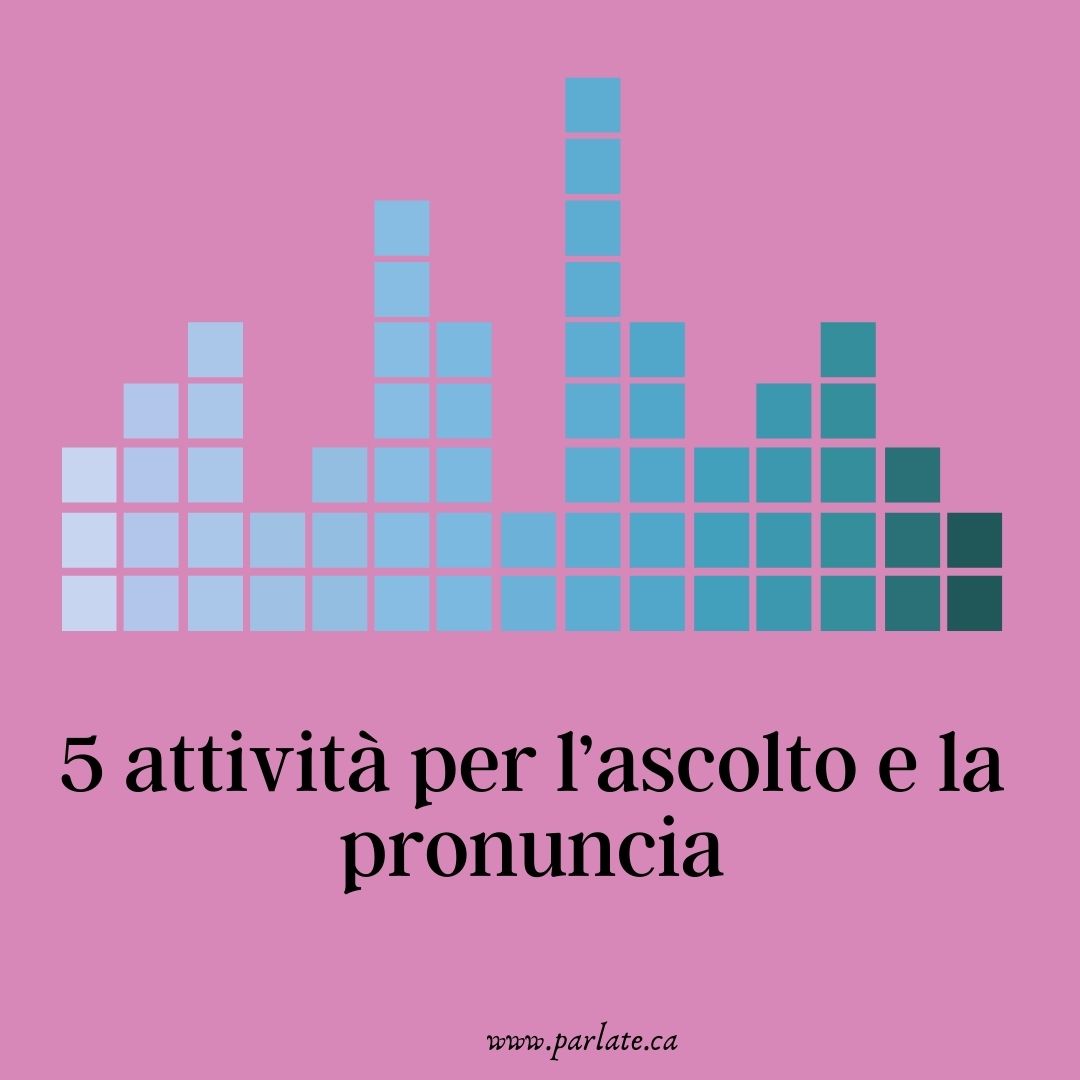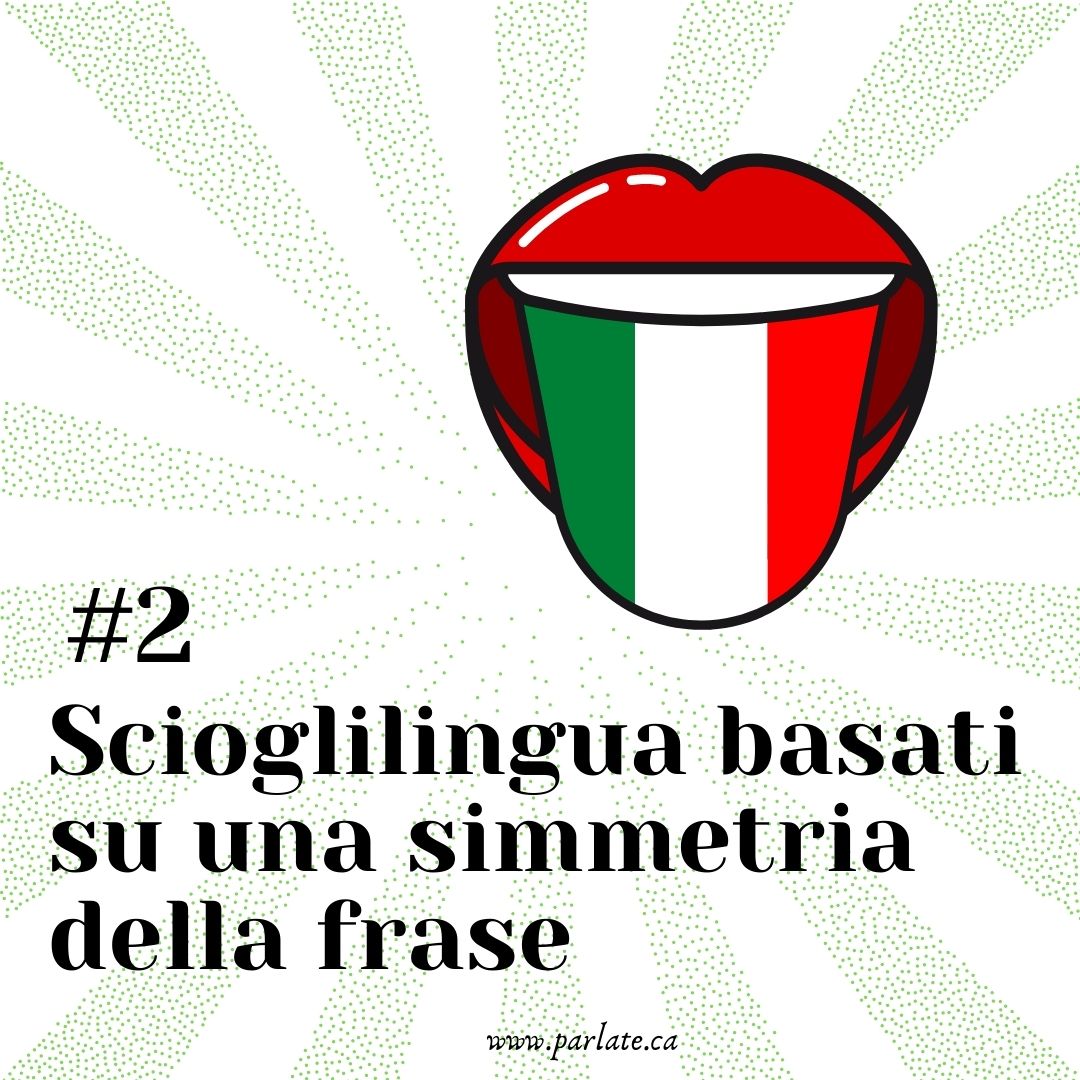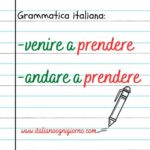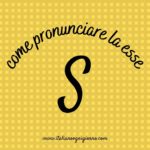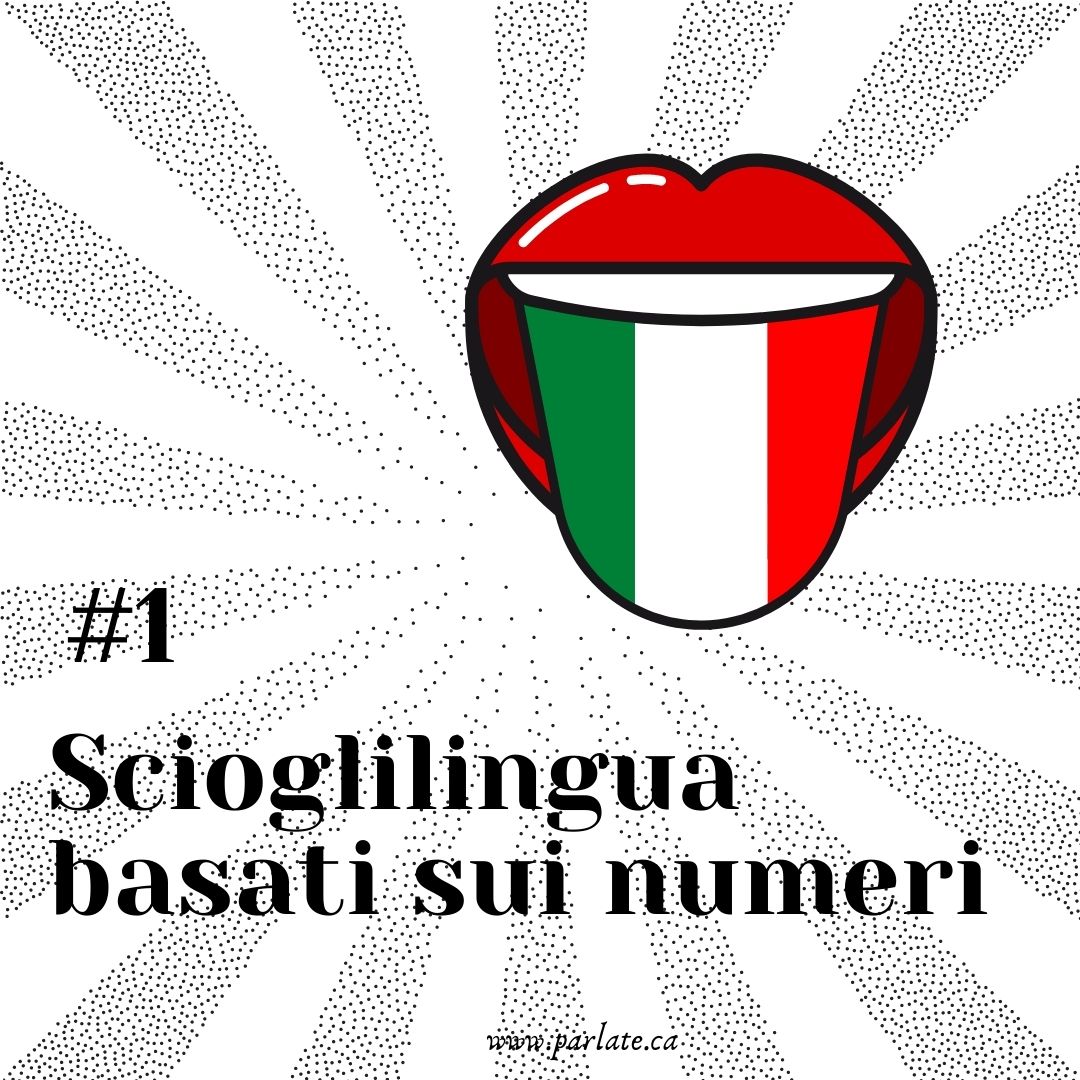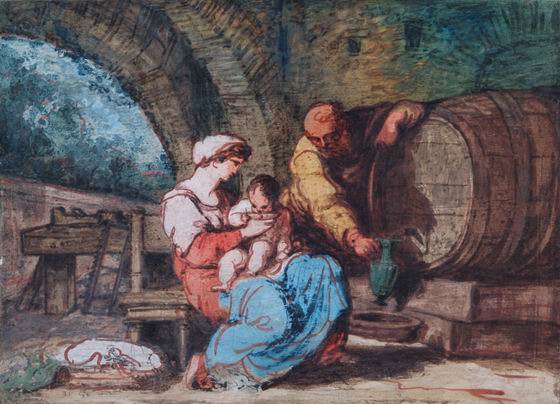Tra le cose più complesse nell’apprendimento delle lingue è la comprensione della lingua parlata. Ma quando migliora facilita anche un perfezionamento della pronuncia.
Di seguito trovi una carrellata di 5 attività per migliorare le capacità di ascolto e la pronuncia: podcast, scioglilingua e anche politici italiani che fanno gaffe! Consiglio sempre di impegnarsi in attività di ascolto e pronuncia ogni giorno. Anche soltanto 15 minuti producono risultati “udibili”!
Among the most complex things in language learning is understanding the spoken language. But when it improves it also facilitates a refinement of your pronunciation.
Below you will find a roundup of 5 activities to improve listening skills and pronunciation: podcasts, tongue twisters and even Italian politicians and their Italian blunders!
I always recommend engaging in listening and pronunciation activities every day. Even just 15 minutes will produce “audible” results!
1. Ognuno di questi dodici podcast ha una funzione diversa. Dai racconti alla storia, dalla lingua italiana alla scienza, ce n’è per ogni gusto!
Each of these twelve podcasts has a different function. From stories to history, from Italian to science, there is something for every taste!
2. In quest’articolo parlo di 5 opere di arte italiana legate al vino.
In this article I talk about 5 works of Italian art related to wine.
3. Questi 9 scioglilingua basati sui numeri ti divertiranno e ti sfideranno di sicuro! Quanto velocemente puoi ripeterli senza commettere errori?
These 9 tongue twisters based on numbers will entertain you and challenge you for sure! How fast can your repeat them without making any mistakes?
4. Scusi, Onorevole….potrebbe ripetere, per favore? I politici italiani deturpano la lingua italiana di continuo e non so se ridere o piangere! Quindi se ti senti scoraggiato/a quando fai errori d’italiano, impara l’arte di fregartene dagli esperti.
Excuse me, Honourable …. could you repeat, please? Italian politicians disfigure the Italian language all the time and I don’t know whether to laugh or cry! So if you feel discouraged when you make Italian mistakes, learn the art of not caring about it from the experts.
6. Questi 7 divertenti scioglilingua basati sulla simmetria della frase presentano una sfida ancora più intensa! Ce la puoi fare!
These 7 fun tongue twisters based on sentence symmetry present an even more intense challenge! You can do it!
Fammi sapere quale attività trovi più utile o più divertente.
Let me know which activity you find most useful or most enjoyable.
Altri articoli da leggere / more articles to read:

